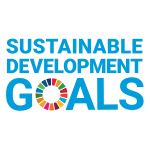NEWSLETTER
We know the projects submitted to the ABO UG and Zielony UG competitions
A modern number plate recognition system on the Oliwa Campus, [...]
Sung sociology. Prof. Corey Dolgon as a guest lecturer at the University of Gdańsk
Corey Dolgon is an American sociologist, social activist, and professor [...]
Common, Disregarded, Marginalized: Exploring New Perspectives in the Anthropology of Plants
We would like to invite you to the Conference “Common, [...]
Svalbard – land of ice and trash – lecture and exhibition opening by Dr. Dawid Weisbrodt
We have just had an inspiring lecture by Dr. [...]
SEA-EU Task 4.4 Goes Greener meeting at the University of Split, Croatia
On April 8-10, 2025, the SEA-EU Task 4.4 SEA-EU [...]
Visit within the MINDtheGEPs project at the University of Gdańsk
The Center for Sustainable Development hosted Claudia Colonnello and Daniele [...]
UNIVERSITY TALKS
ABOUT SUSTAINABLE DEVELOPMENT
WHAT IS SUSTAINABLE DEVELOPMENT?
Sustainable development is a development concept that responds to technological progress, the ecological crisis and green ideas of the second half of the 1960s. Its most well-known definition was formulated by the United Nations World Commission for Environment and Development in 1987. According to this, sustainable development is “development that meets the needs of the present without compromising the ability of future generations to meet their own needs”. As a goal of global politics, the concept of sustainable development was adopted by almost all countries of the world during the Earth Summit in Rio de Janeiro in 1992 in the form of Agenda 21. In 2015, UN member states unanimously adopted the currently binding and implemented resolution Transforming our world: the 2030 Agenda for Sustainable Development, which was defined as the World Development Strategy until 2030. It contains 17 Sustainable Development Goals to which 169 tasks are assigned. They include measures to reduce poverty, ensure access to education, food and clean water, equal opportunities, to promote human rights, peace and stability in the world, protect the natural environment and mitigate climate change, as well as enable access to sustainable energy sources.


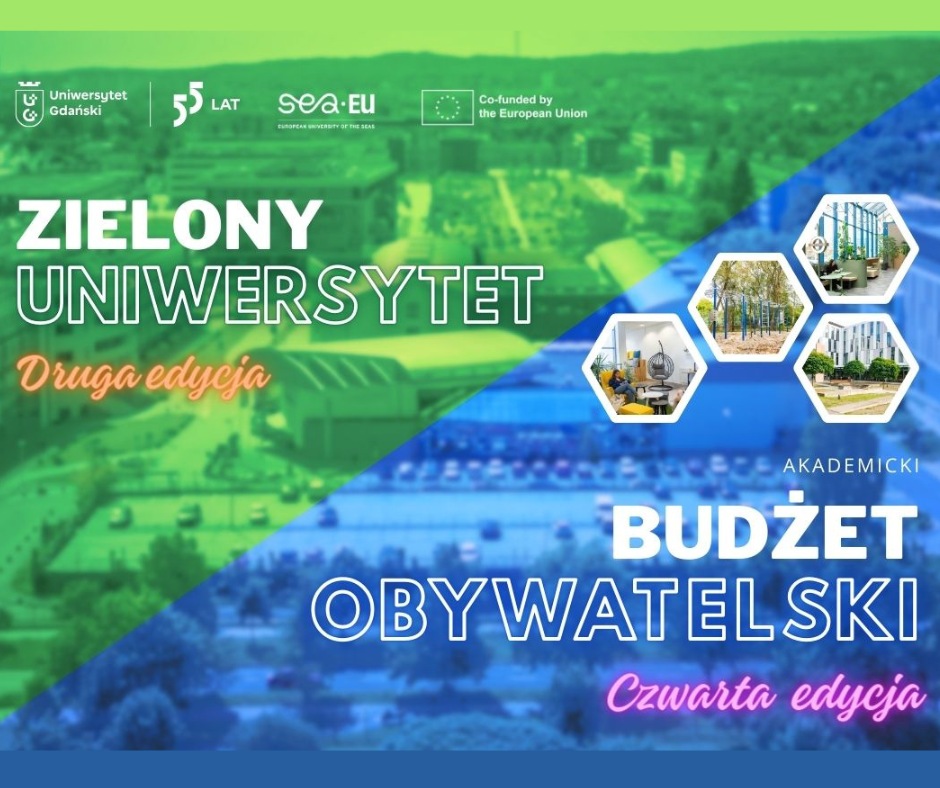
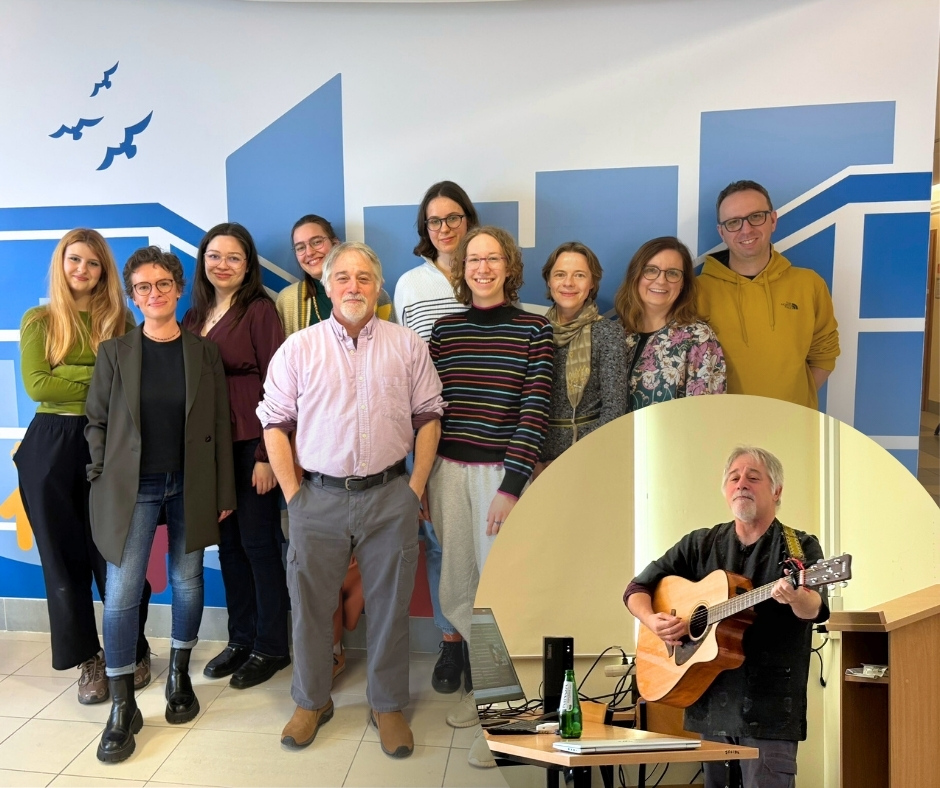
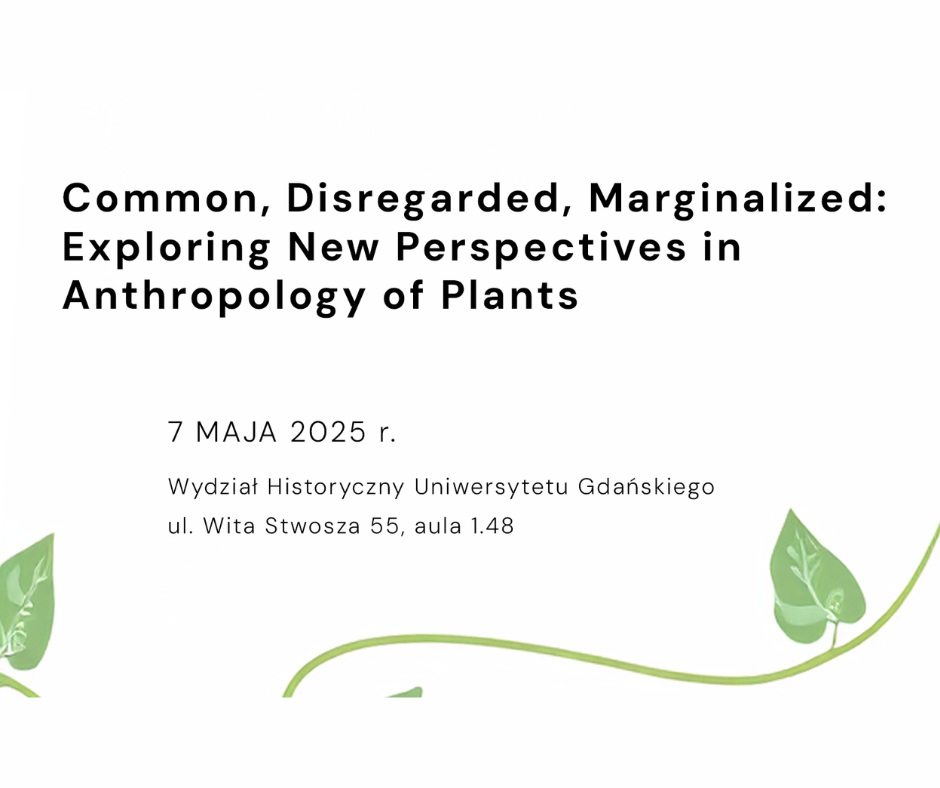
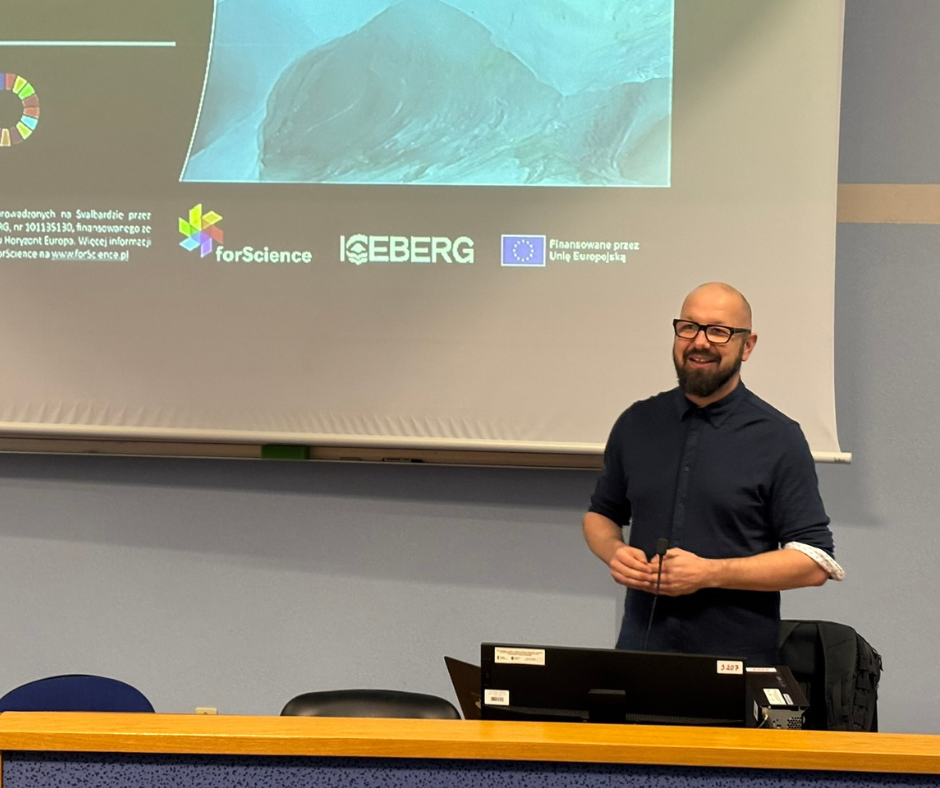
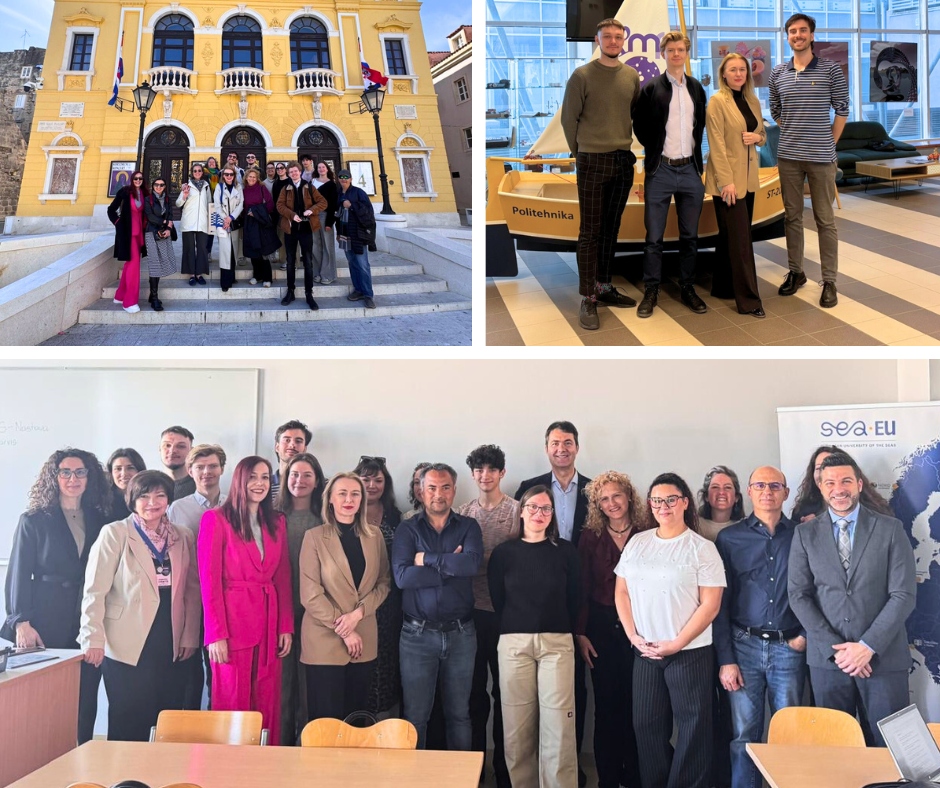
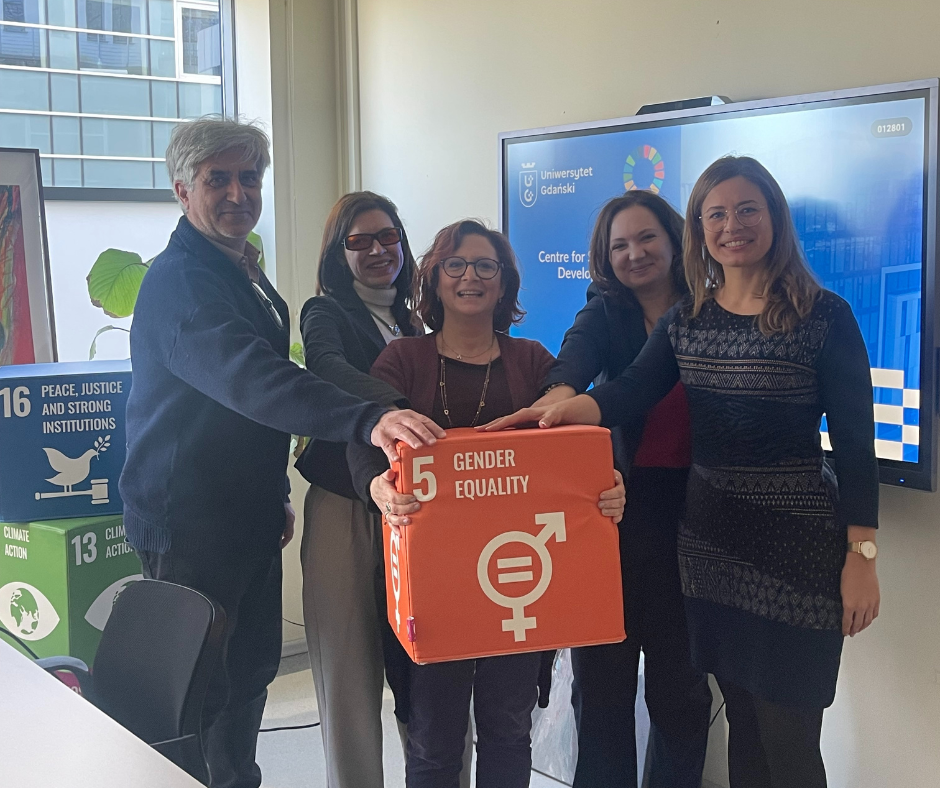
 On green software and digital waste. Interview with Dr. Hanna Furmańczyk
On green software and digital waste. Interview with Dr. Hanna Furmańczyk
